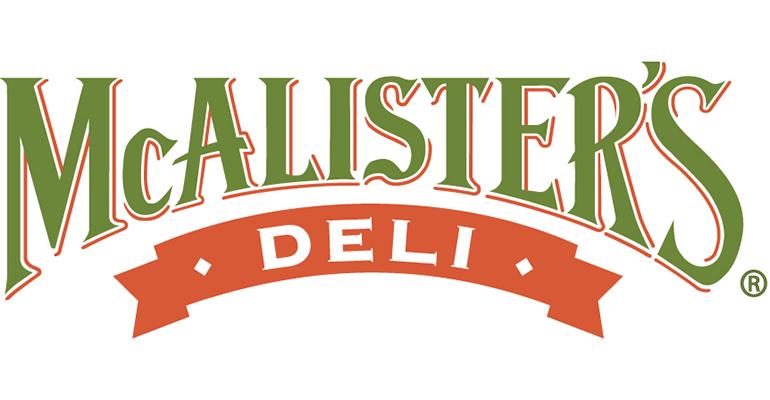McAlister’s Deli opened its 400th restaurant in Cedar Hill, Texas, last week, featuring upgraded areas for to-go orders.
Paul Macaluso, who was named president of the Focus Brands Inc. fast-casual division in December, said the company was celebrating the milestone with a promotion of a free sandwich with a tea purchase through May 4 on its mobile app.
Macaluso worked with Burger King, Sonic Drive-In and Taco Bell before joining Atlanta-based Focus Brands and its Moe’s Southwest Grill division.
Macaluso took a break from the opening to discuss plans for the deli brand.
 How are you approaching off-premise sales?
How are you approaching off-premise sales?
We see the whole area of off-premise as three subsets: catering, delivery (which for us is all third-party) and to-go, whether that’s through phone-in, app or desktop orders.
How do you appeal to your target demographics?
We want to provide a solution for them. They have busy lives. They have a lot going on with families and jobs. We want to make it as easy as possible. We want to create a community feel in the store, a place where they can feel comfortable. But sometimes they just want to get in and out and get on with the rest of their day.
What are the advantages of McAlister’s Deli over other quick-service chains you’ve worked with?
There are three parts to it. The first is the service. We come out and bring food to your table and ask if you want a refill. It’s a genuine warm welcome with us taking care of you. That’s the most recognizable part. The food, compared to other brands I’ve worked on, is elevated. The quality is elevated: We refer to our menu strategy as “simple yet elevated.” We’ll try new things, but it’s always approachable. And the third part is the community gathering place. Neighborhood restaurants are more than just a place for people to come in and get their food; it’s a place where they can come and enjoy each other’s company.
What are some new items?
We have a black cherry-spinach salad. We launched it a few weeks ago and it exceeded our expectations. It’s a seasonal flavor, yet everyone knows what a spinach salad is.
What’s the challenge for the McAlister’s concept?
As more of our business moves to to-go and catering, how do we deliver a little something extra and continue to deliver the service part? Is the packaging? Is it how we talk with people and engage with them?
And what do you consider the biggest challenges for restaurants in general?
We face many pressures. There are always cycles and trends. For me, it’s having a vision about staying true to who we are. … We can use this time in the softness in the business as a chance to actually gain some market share. This is the time. We’re seeing all these closures. Fortunately, we’re still doing really well.
How many restaurants did you open last year, and what are the plans for this year?
We opened 33 last year. We’re projecting to open more than that this year. Our business is really strong and our franchisees are continuing to grow.
What costs are pressuring you the most?
Our real estate costs are doing pretty well. Our franchisees are really shrewd when it comes to that. What we are finding now is an acceleration of construction costs related to labor. We have seen a little increase.
How does that affect your buildings?
If to-go and delivery are going to become a bigger part of our mix, and construction costs are increasing, can we take our footprint down? Our average is now 3,600 square feet, which is pretty big. So we’re looking at how we can shrink our prototype a little, to, say, around 3,200 [square feet].
Contact Ron Ruggless at [email protected]
Follow him on Twitter: @RonRuggless
Headshot by NRN





